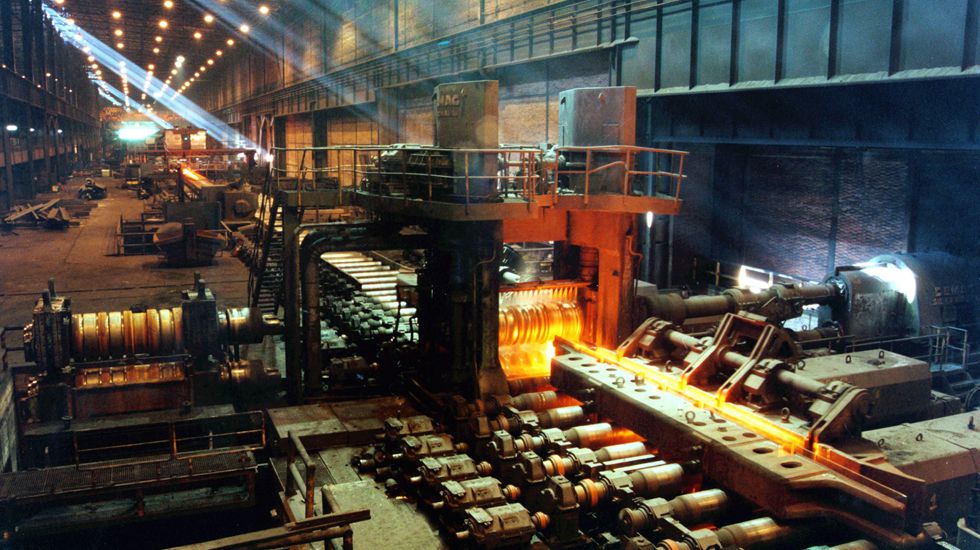The low output of crude steel at German mills since the beginning of the year amid robust demand for material continues to be debated by market participants.
Production figures recovered after last summer, but since November’s 3.4 million tonnes have not risen, and in February saw a notable dip to 3.1mt.
The most common explanation from mills was the period of cold weather in February. Although lasting for not much more than one week, it interrupted transport routes and logistics facilities, mills like thyssenkrupp and Salzgitter said then. Although it did not impair the actual production facilities, these were not left totally unaffected. According to one market observer, some 100,000 tonnes were lost because of the snow chaos.
He also says mills had to cope with technical issues that added up to throttle production. None of them were major cases, “but a ladle furnace here or a hot-rolling line there, down for two to three days – you won’t catch up on that when you mean to rev production up high”, he tells Kallanish. He concedes these may be excuses by mills that want to keep production slightly short to support higher pricing. “But in many cases I do trust that they did have the problems they reported,” he adds.
In other cases, mills played down and denied technical impairments. At one mill, the compact strip casting line was down for several weeks, according to a big buyer. But the mill denies this is true. It nevertheless previously informed its customers that the switch to an aggressive operation mode to feed the surging orders put major strain on the performance of its facilities, “and even caused some major troubles.”
In another case, one rebar mill was reported by various sources to have ramp-up issues following a modernisation, but when asked by Kallanish dismissed the allegations.
Steel federation WV Stahl has described recent months as “a steel market prone to disruption”. But a spokesman of a processor’s federation says this wording is erroneous. “This sounds weird for customers that are yearning for steel,” he says, and finds that “steel production prone to disruption”, hits the point better.
He does not exclude that shortcomings in production were welcome for the mills to some extent. “At the end of the day, we cannot tell what share of the production gap came by force, and what share came by design,” he explains.
Christian Koehl Germany






